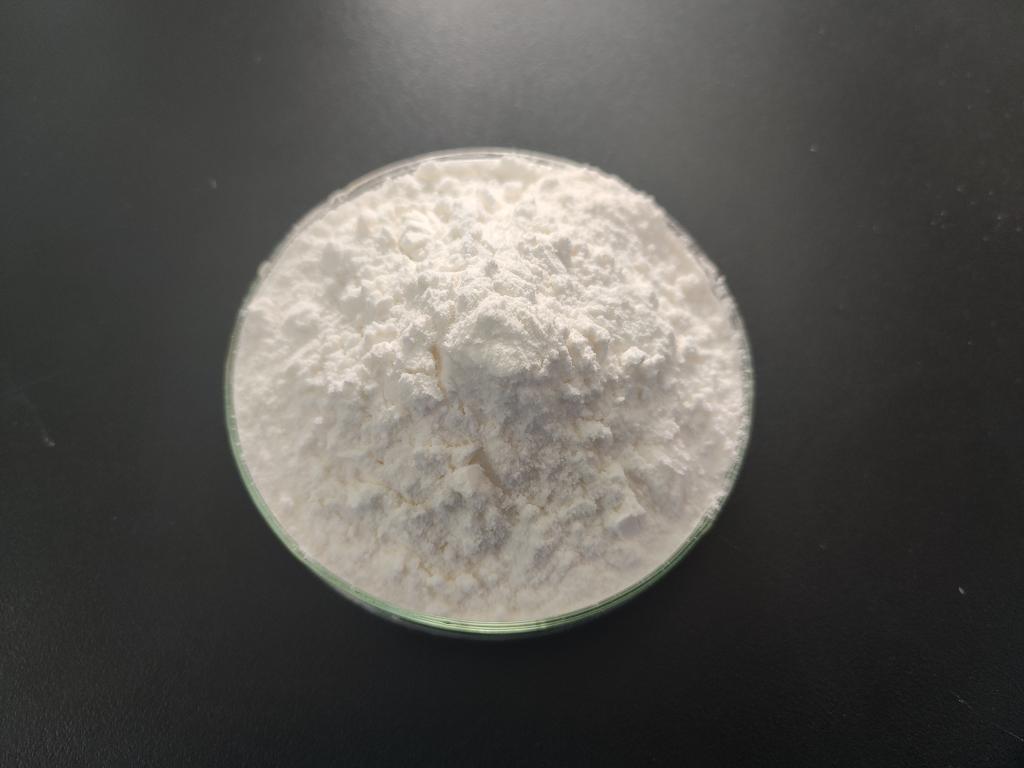Tel:+8618231198596

News
 CONTACT
CONTACT
 CONTACT
CONTACT
- Linkman:Linda Yao
- Tel: +8618231198596
- Email:linda.yao@dcpharma.cn
- Linkman:CHARLES.WANG
- Department:Overseas
- Tel: 0086 0311-85537378 0086 0311-85539701
News
Current Position:
Home >
News
>ε-Polylysine Hydrochloride: Advancements in Personalized Nutrition for Human Health
ε-Polylysine Hydrochloride: Advancements in Personalized Nutrition for Human Health
TIME:2024-02-20
Personalized Nutrition: Unveiling the Future of Well-being:
Personalized nutrition goes beyond traditional one-size-fits-all dietary recommendations, recognizing the inherent biochemical individuality of each person. Key components include:
Genetic Variability: Considering individual genetic makeup to understand how genes influence responses to nutrients and dietary patterns.
Metabolic Profiling: Utilizing advanced techniques to analyze an individual's metabolic profile, providing insights into how they process and utilize nutrients.
Health Goals and Concerns: Tailoring nutrition plans based on an individual's specific health goals, concerns, and lifestyle factors.
Microbiome Influence: Recognizing the impact of the gut microbiome on nutrient absorption and overall health, leading to personalized dietary recommendations.
Understanding ε-Polylysine Hydrochloride:
ε-Polylysine hydrochloride is a naturally occurring cationic polymer produced through the fermentation of Streptomyces albulus or related strains. Comprising ε-lysine units linked by amide bonds, this compound has gained recognition primarily for its antimicrobial properties. Beyond its traditional use as a preservative, ε-Polylysine hydrochloride's characteristics make it a potential candidate for integration into personalized nutrition plans.
Distinctive Properties of ε-Polylysine Hydrochloride:
Antimicrobial Efficacy: Demonstrates broad-spectrum antimicrobial activity against bacteria, yeasts, and molds, contributing to the control of microbial populations in various environments.
Natural Origin: Derived from microbial fermentation, ε-Polylysine hydrochloride aligns with the demand for natural and sustainable ingredients in personalized nutrition, reducing reliance on synthetic additives.
Low Toxicity: Exhibits low toxicity compared to conventional antimicrobials, ensuring its safety for consumption and use in food applications.
Stability and Solubility: Possesses stability under diverse environmental conditions and is water-soluble, allowing for versatile incorporation into different formulations.
Applications of ε-Polylysine Hydrochloride in Personalized Nutrition:
Gut Health Optimization:
Microbiome Modulation: Incorporating ε-Polylysine hydrochloride into personalized nutrition plans may contribute to the modulation of the gut microbiome, fostering a balance of beneficial bacteria.
Individualized Supplementation:
Targeted Antimicrobial Support: For individuals with specific health concerns related to microbial balance, ε-Polylysine hydrochloride can be included as a targeted supplement to support overall well-being.
Food Sensitivity Management:
Preservative in Personalized Foods: The compound's preservative properties can be harnessed to create personalized food options for individuals with specific dietary restrictions or sensitivities, ensuring longer shelf life without compromising safety.
Metabolic Disorders:
Nutrient Absorption Enhancement: In cases where individuals may struggle with nutrient absorption, incorporating ε-Polylysine hydrochloride may enhance absorption efficiency, supporting those with metabolic disorders.
Weight Management:
Microbial Influence on Weight: As research indicates the role of the gut microbiome in weight management, ε-Polylysine hydrochloride's impact on microbial balance may be explored for its potential role in personalized weight management plans.
Case Studies: Personalized Nutrition with ε-Polylysine Hydrochloride:
Digestive Health Improvement:
Individual Ailments: Individuals with digestive health concerns may benefit from personalized nutrition plans incorporating ε-Polylysine hydrochloride, aiming to alleviate symptoms and improve overall gut health.
Immune System Support:
Immune Challenges: For individuals prone to frequent immune challenges, personalized nutrition strategies may include ε-Polylysine hydrochloride to provide additional immune support through microbial control.
Athletic Performance Optimization:
Microbial Balance for Athletes: Athletes with specific nutritional needs may explore the incorporation of ε-Polylysine hydrochloride to support microbial balance, potentially influencing energy levels and recovery.
Challenges and Considerations:
Individualized Responses: Understanding the variability in individual responses to ε-Polylysine hydrochloride is crucial, as factors such as genetics and existing health conditions may influence its efficacy.
Integration into Diets: Developing palatable and easily integrable formulations containing ε-Polylysine hydrochloride poses a challenge, requiring innovation to ensure seamless inclusion in personalized nutrition plans.
Regulatory Approval: Regulatory considerations must be addressed to ensure the safe and compliant use of ε-Polylysine hydrochloride in personalized nutrition, underscoring the importance of collaboration between industry stakeholders and regulatory bodies.
Future Perspectives:
Advancements in Nutrigenomics: As nutrigenomics continues to evolve, future research may unveil specific genetic markers that indicate a favorable response to ε-Polylysine hydrochloride, facilitating even more personalized recommendations.
Clinical Validation: Further clinical studies are needed to validate the compound's impact on individual health parameters, providing a stronger foundation for its inclusion in personalized nutrition plans.
Consumer Education: Educating consumers about the benefits and applications of ε-Polylysine hydrochloride in personalized nutrition is essential for fostering acceptance and understanding.
Conclusion:
ε-Polylysine hydrochloride's entry into the realm of personalized nutrition represents a promising intersection of natural antimicrobial properties and individualized dietary approaches. As the field of personalized nutrition continues to grow, ε-Polylysine hydrochloride stands out as a potential tool for addressing health challenges at the microbial level, contributing to overall well-being. While challenges and research gaps remain, the integration of ε-Polylysine hydrochloride into personalized nutrition plans underscores its potential to shape the future of dietary strategies, offering a nuanced and tailored approach to human health.
- Tel:+8618231198596
- Whatsapp:18231198596
- Chat With Skype







